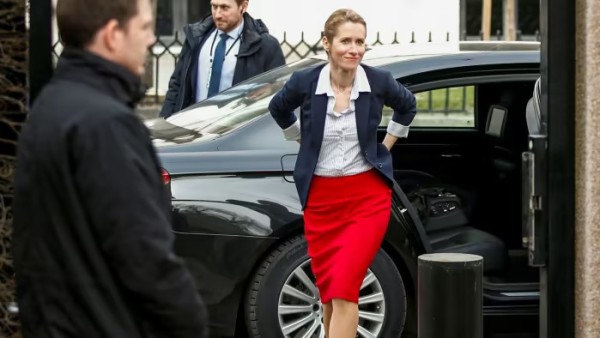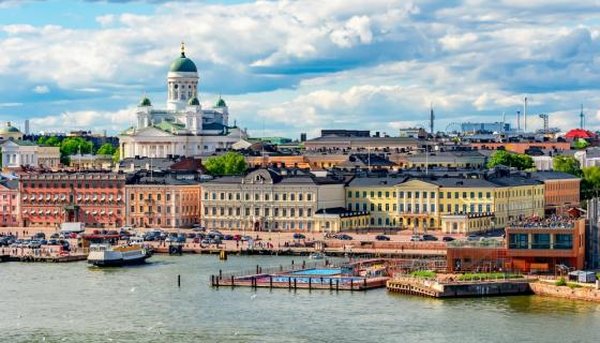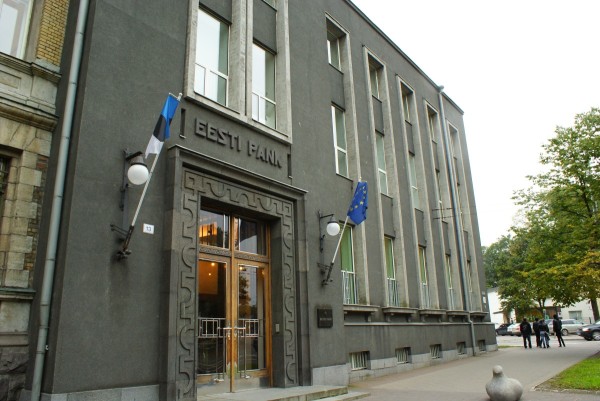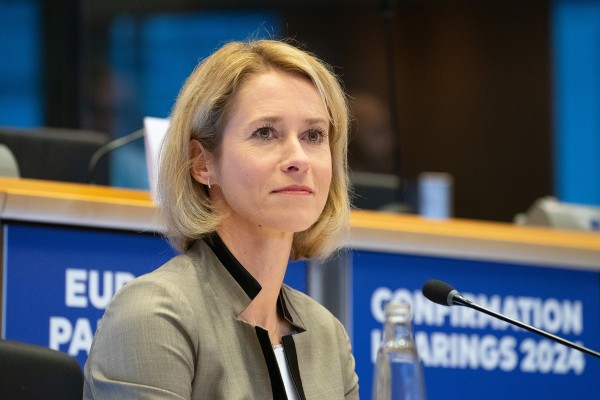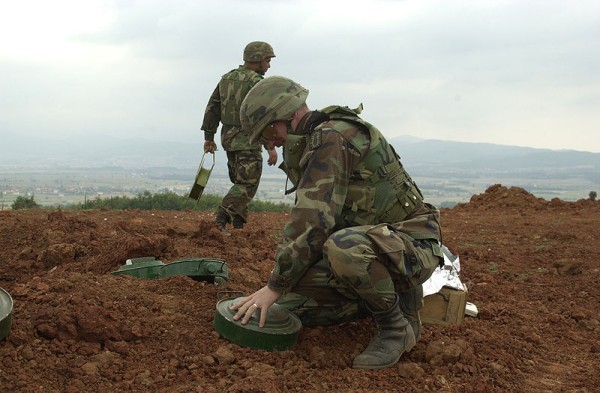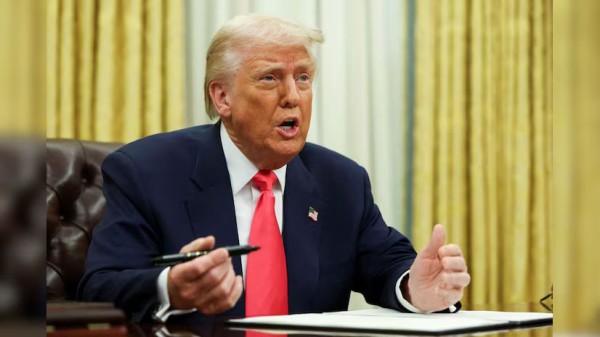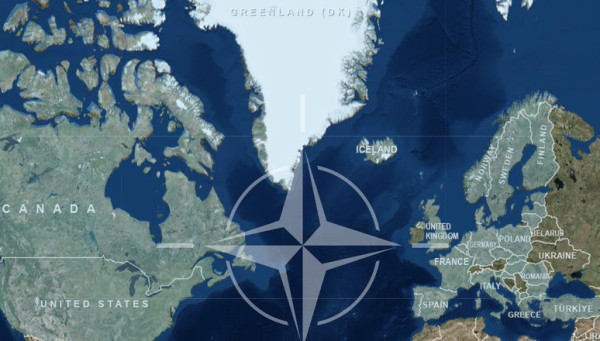Kaja Kallas said that the military alliance needed “war-fighting capabilities” and permanent bases in Estonia, Latvia, and Lithuania, with a division in the region of up to 25,000 troops, well up from battalions of about 1,000 soldiers in each country. She also said Nato fighter jets on patrol in the Baltic states should be allowed to shoot down enemy aircraft if needed.
Kallas said Nato — with many bases still in Germany — was not focused on being able to defend the Baltic states and that its “defence posture is very much reflecting the situation of the cold war”.
“The situation has changed. The borders of Nato have changed,” she said. “Russia has increased the pressure or aggression on their side, so Nato should also increase the defence on the other side to be equal deterrent to the aggression that Russia poses.”
Kallas is among a group of leaders in central and eastern Europe who have long warned about Russian aggression and want Nato and EU allies to take stronger action to deter Moscow following its invasion of Ukraine.
Advertisement / Reklaam
Advertisement / Reklaam
Russia’s aggression against its neighbour has raised the stakes for a Nato summit in June in Madrid, when the shape of the security alliance will be thrashed out.The Baltic states are currently defended by multinational battalions of about 1,000 troops per country, which are meant to act as a “tripwire” to engage allies such as the US, UK, Germany and Canada in any potential Russian invasion.
But Kallas and other Baltic officials said these forces would not be sufficient to repel a Russian attack and that, under Nato’s current configuration, Baltic states would have to rely on being “liberated” by reinforcements from Germany, Poland and other European countries.
She compared the status of the Baltic countries with West Berlin in the cold war and said Nato’s centre of gravity should now be moved nearer its eastern flank with Russia, including permanent bases.
“We should have division-size troops. They should have war-fighting capabilities so that you are immediately able to push back. Not [be] liberated afterwards . . . as we see what liberating afterwards means in Ukraine,” she said, referring to the images of civilians killed in Bucha and elsewhere allegedly by departing Russian troops.
Mark Milley, the top general in the US, said this week that there should be permanent bases in eastern Europe but they should be filled with “rotational forces”.
Estonia, which is increasing its defence spending to 2.5 per cent of gross domestic product, is learning from what has been “very effective in Ukraine”, according to Kallas, and is focusing particularly on short-range air defence, which “is very hard to spot for the adversary”.
https://www.ft.com/content/863...






